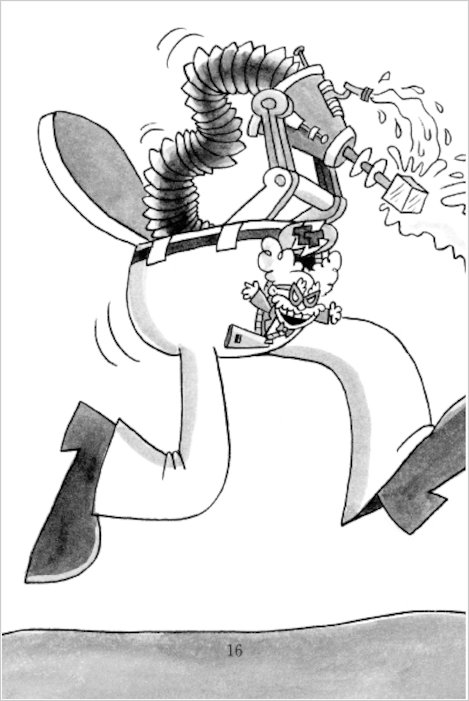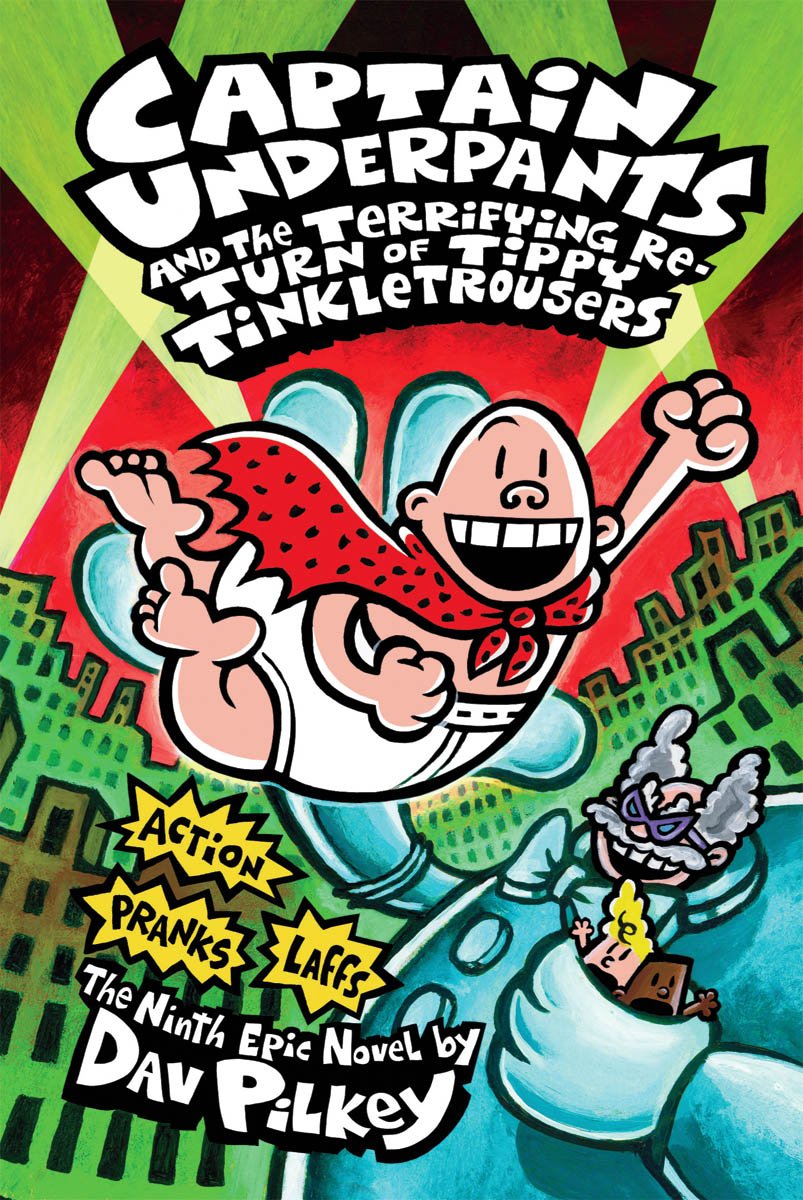
For those of you who have never heard of it, allow me to introduce the Game of Books, a recent arrival to the world of gaming. This online game is supposed to meld my two perpetually separate lives into one fluid experience. Won't my wife be pleased? Now I'll have a reason to spend even less time interacting with the real world.
The basic idea is that this game will be built around software that does for books what Pandora's Music Genome Project® does for listening to music; namely analyze a book's parts, catalog the qualities of that book, and compare that book's qualities against the qualities of every other book. If you create a profile on their website, booklamp.org, it uses the qualities of your favorite books to recommend other books to read with similar qualities. The software to do that part, called the Book Genome Project, has already been created. I've played around with it a couple of times, and I have to say that it's not bad. It's not perfect either. The recommendations it provides are okay, but its catalog doesn't contain a listing for many of my favorite books, at least not yet. The game itself will stem from that project.
Using data about your reading habits, the game would create an avatar that would explore a fictional world built around your reading interests. You would be assigned tasks that center around your reading. If you are a reader of mysteries, your gaming experience would incorporate the qualities of a good mystery story. If you read action adventures with dragons that would be the experience you would most likely encounter. The goal of the game would be to level up your character through reading. If you want to earn certain badges or XP points, you have to read books with certain characteristics. Basically, the more avid the reader, the more success they'll experience in the game. I like that set-up, and not just because of my out-of-control reading addiction, though that certainly does factor in.
Where I see this game as a boon is among children. Sure, adults can have their fun and there will undoubtedly be adult gamers who play the Game of Books, but I work with children for a living. When I see this game's potential, I see it in terms of making children want to read. Any person who has spent time with children is aware that the video game market is saturated with games whose target audience is children. I talk to children all the time who spend at least a couple of hours a day playing games on a computer or a video game system. This year, I've had numerous conversations about the merits of a game called Minecraft. I've never played the game, never even seen it, but I know quite a bit about it just from listening to kids tell me about how they spent their evenings. Children who play this game are totally engrossed by it. Some of them are avid readers. Many are not. But this game sucks them in equally. I can only imagine the effect of a game like the Game of Books taking hold of those same students. The library would be packed with kids clamoring over books that would help them to level up this way or that. That's the dream. It would make reading a primary pleasure activity. It could be one of those moments when we turn a roadblock to developing good reading habits into alternate route.
Thanks to a successful Kickstarter campaign, the game should be ready to launch in some capacity by August of this year. I am excited for this. I hope it doesn't flop. Who knows how big a difference it could make for some readers? Until then, I just am going to wait with fingers crossed. If a video game turned out to be among our strongest tools for making children want to read, then I could finally claim that all the gaming I've done wasn't just wasted time. It was actually training for my job as a literacy advocate for America's youth.














